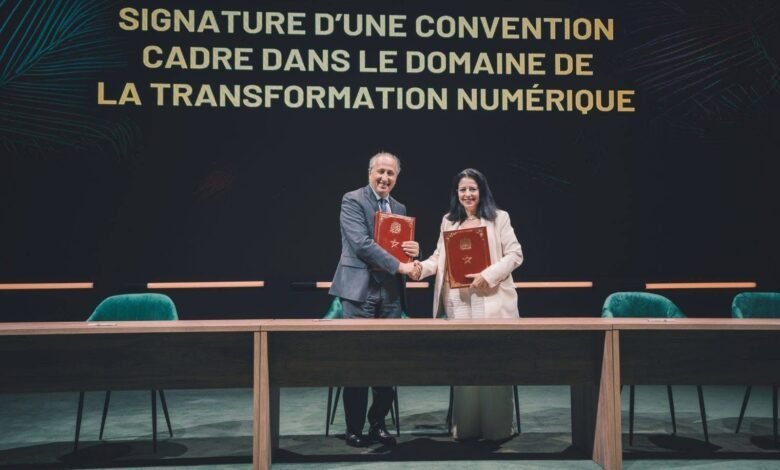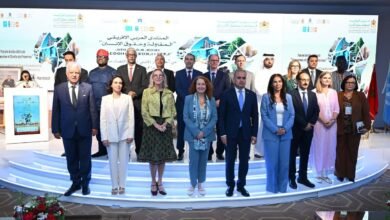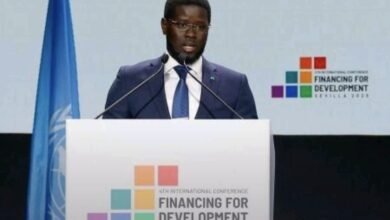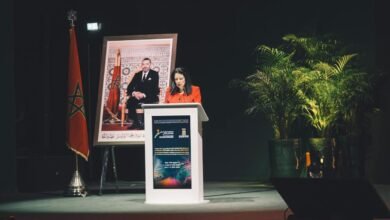Morocco Advances National AI Strategy Through Strategic Partnerships and Ethical Innovation

Morocco is moving forward with its artificial intelligence (AI) strategy through a series of national initiatives and partnerships designed to integrate AI into its development vision. Led by Amal El Fallah Sghirousni, the Minister Delegate in charge of Digital Transition and Administrative Reform, the country is focusing on aligning technological innovation with sustainable development and social justice.





This vision was showcased during the first National Conference on Artificial Intelligence, held in Rabat under the High Patronage of His Majesty King Mohammed VI. The conference brought together policymakers, international experts, private sector leaders, and regional organizations to discuss the role of AI in development. It also featured the signing of eight memoranda of understanding (MoUs) with national and international partners.
National Strategy Anchored in Ethical AI
In her keynote address, Minister Amal El Fallah emphasized that Morocco’s digital transformation is not merely technological—it is a civilizational commitment aimed at enhancing quality of life and reducing inequalities. She outlined three central pillars of the national AI strategy:
- Digitizing 100% of public administrative services by 2030;
- Creating over 300,000 new jobs in the digital economy;
- Establishing strong cybersecurity and data protection frameworks to promote digital trust and attract investment.
This strategy is closely aligned with Morocco’s goal to become a regional hub for artificial intelligence and digital innovation, building on its strategic geographic position and ongoing investments in renewable energy and infrastructure.
Multisectoral Agreements for Inclusive Development
At the closing of the conference, eight MoUs were signed between the Ministry of Digital Transition and several partners. These agreements are designed to promote AI across key sectors:
With the Ministry of National Education, Early Childhood, and Sports, to integrate digital tools into the educational system, improve digital content, and train teachers and students in digital skills.
With Crédit Agricole du Maroc, to support digital inclusion in rural areas and help digitize small agricultural businesses.
With the Ministry of Economic Inclusion and Employment, to deploy AI-based platforms that analyze the job market and support micro, small, and medium-sized enterprises (MSMEs).
With Mohammed VI Polytechnic University, to develop sustainable data centers and support Morocco’s digital sovereignty.
The creation of the Al-Jazari Institute in Nador as a center of excellence in AI research and training.
With the Ministry of Energy Transition, to create renewable energy-powered data centers.
With the United Nations Development Programme (UNDP), to promote digital inclusion across Africa and the Arab world.
With the Digital Cooperation Organization (DCO) and Current AI, to promote innovation and ethical AI frameworks.
Building an Ethical and Inclusive AI Ecosystem
The conference concluded with a set of national recommendations. These include:
Establishing secure national data platforms;
Strengthening cybersecurity;
Using AI to improve access to education and healthcare, especially in rural and underserved areas;
Deploying smart solutions to manage natural resources, water, and energy;
Enhancing international cooperation, especially with African countries, to exchange expertise and address common challenges.
These steps are part of Morocco’s broader commitment to developing a responsible and ethical AI ecosystem that empowers all citizens while fostering competitiveness and sustainable growth.




